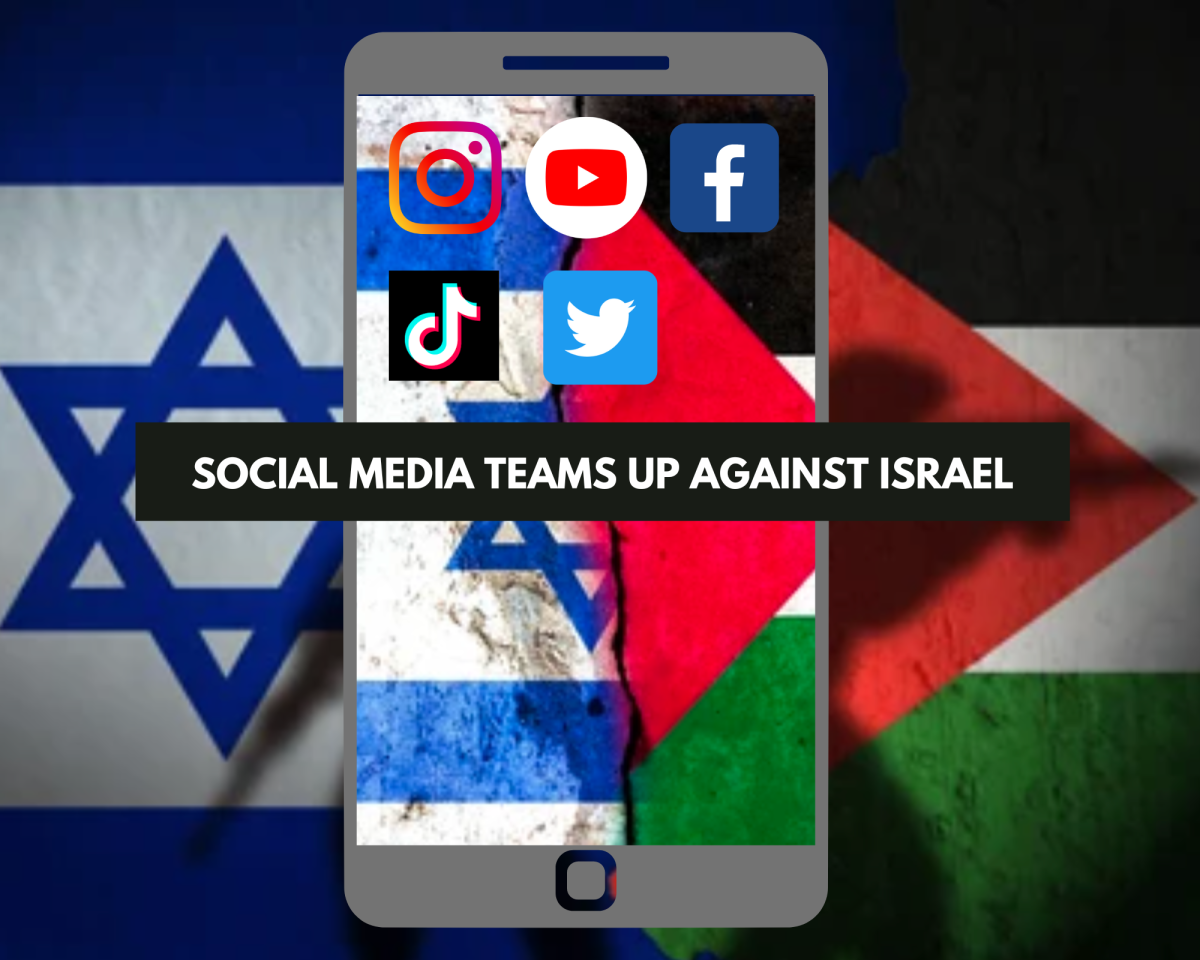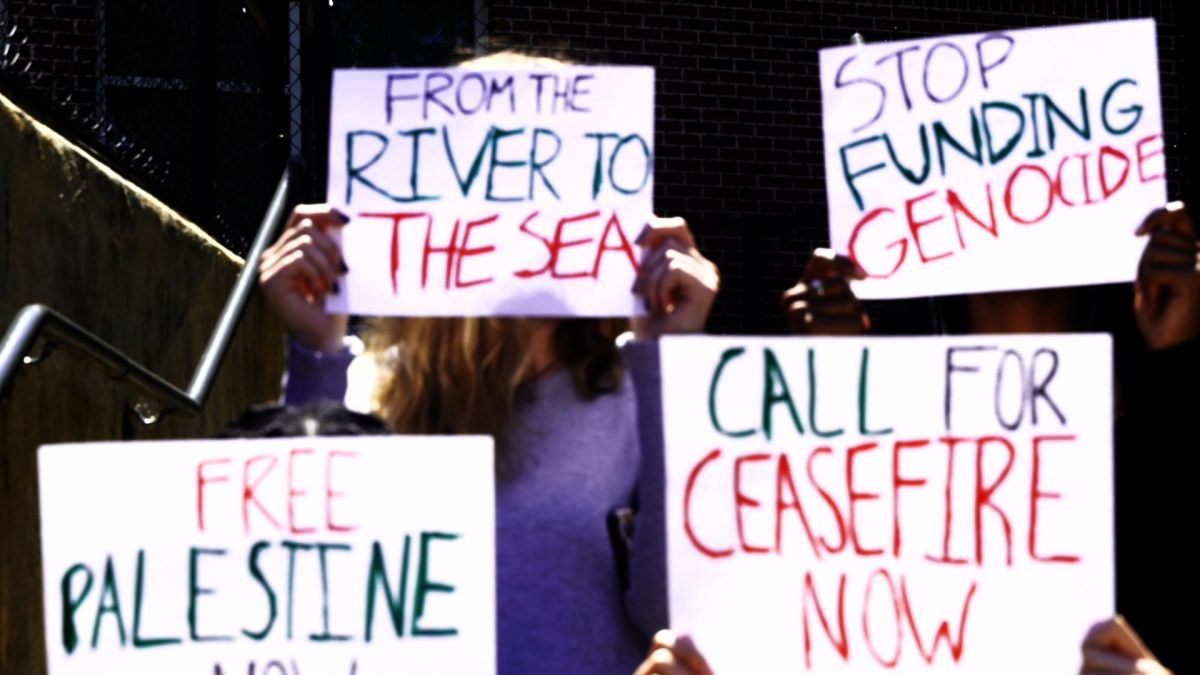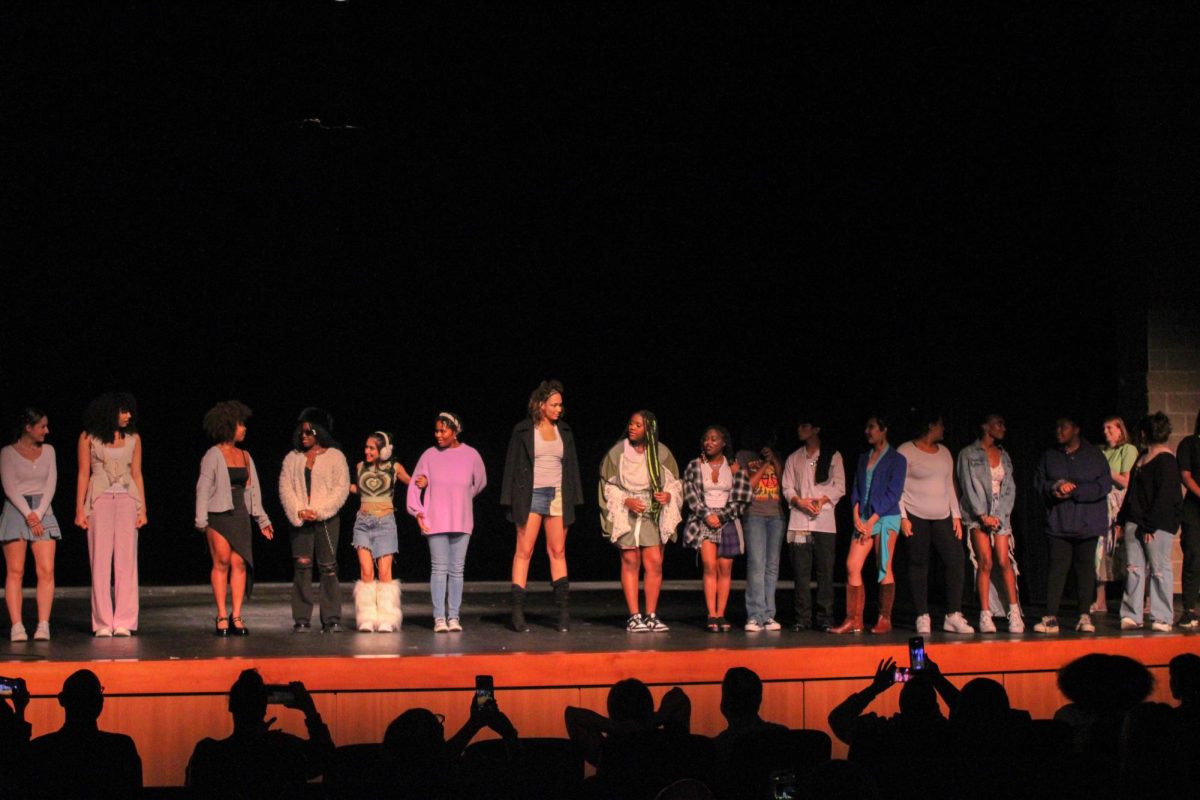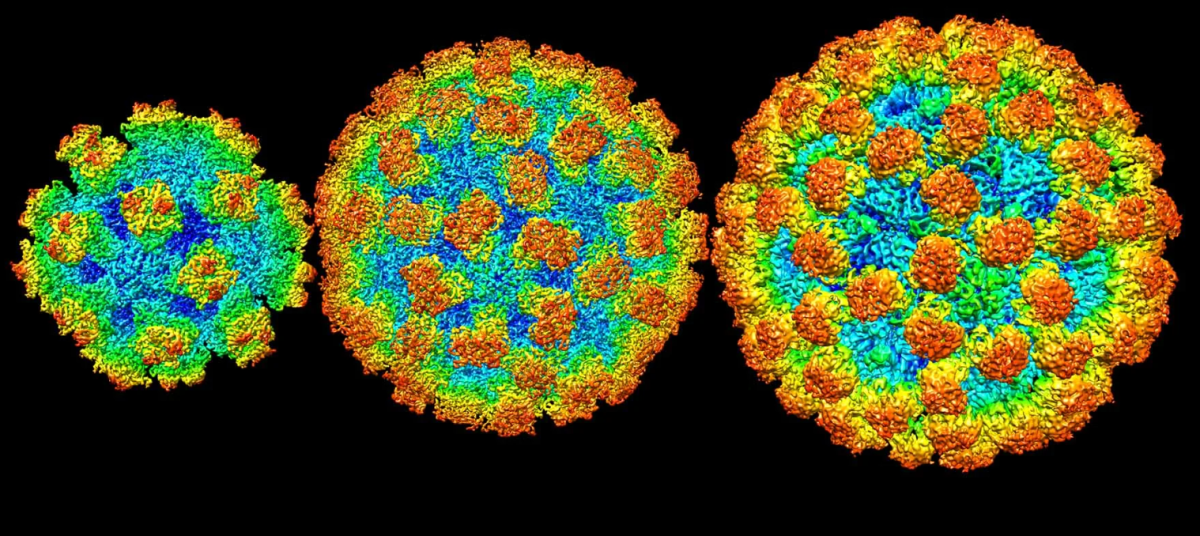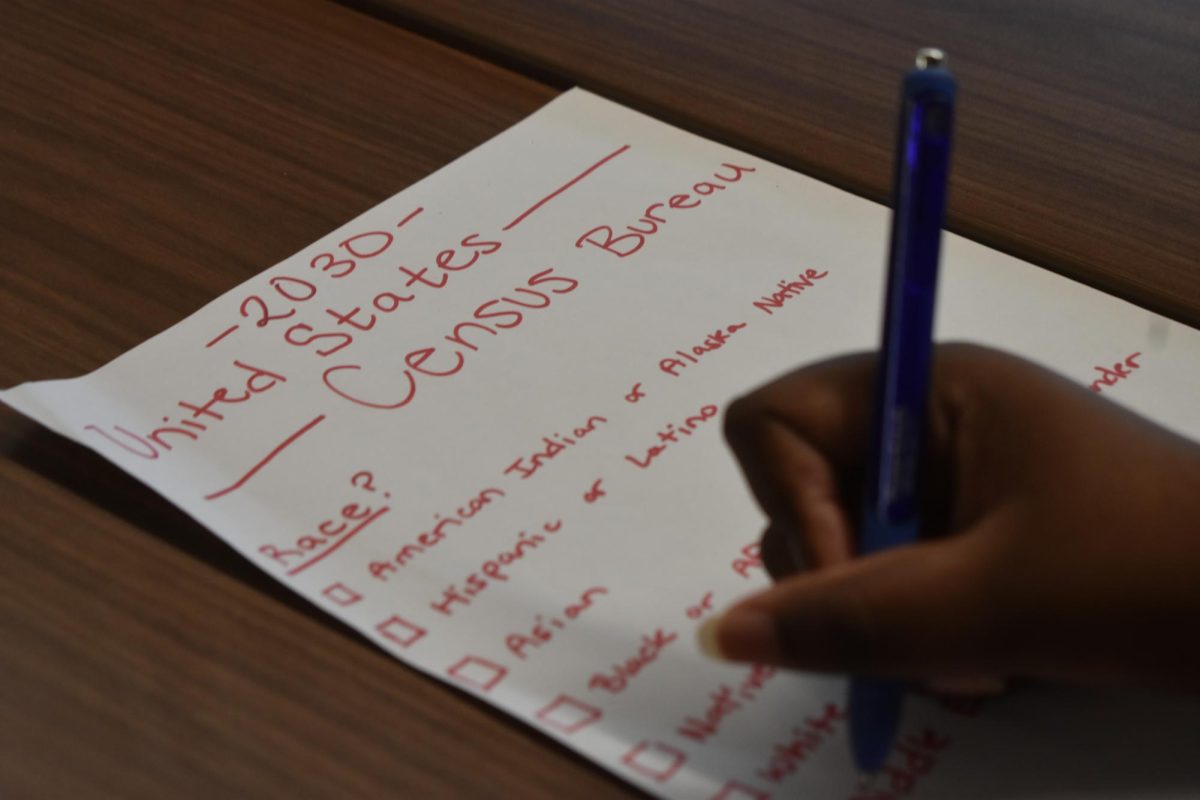Since Hamas launched an unprecedented surprise attack on Israel October 7, the Israelis responded with a bombing campaign on the streets of Gaza. According to numbers reported by Gaza’s Hamas-run Ministry of Health and the Hamas government media office, Israeli troops have killed at least 17,177 Palestinians and injured over 46,000 others since the start—70% of them women and children.
For the last two months, the Israel-Hamas war has raged on. Several companies, ranging from Starbucks to McDonald’s, currently face controversy for choosing sides with the Israeli government in the Israel-Hamas conflict.
The Israeli government officially “loosened” its military rules, allowing its forces to kill anyone they come across within the Gaza Strip as part of their warfare operations. With the mass genocide, Israeli leaders and troops decided to reduce Gaza’s population by eliminating Palestinians and seeing Israeli settlers living in Gaza.
Hundreds of bombs continued to wreak havoc on Hamas and destroy the cities of Palestine after the Israelis reported that Hamas had captured over 230 individuals as hostages. After weeks of Israeli attacks, 1.9 million people became displaced in Gaza, and health authorities believe the death toll currently stands at 17,700. Palestinians remain forced to flee their homes and evacuate to south Gaza’s overcrowded areas, living on roads leading from Rafah to Muwasi with a dire lack of supplies.
As images speak powerfully online, pro-Palestinian hashtags spread awareness across the internet on TikTok, Instagram and Facebook. Since more individuals get killed in Palestine than in Israel, social media has shown solidarity with Palestine. Daily blogs from social media users about how life exists in areas of war dominate social media feeds. These personal accounts contain several depictions of battle and the everyday realities of life in the streets of Gaza.
Graphic images, such as two Palestinian children lying on a hospital trolley showing their heads and limbs bandaged and their faces bleeding, spread throughout social media. These graphic photos showcased different perspectives on each side of the war and gained the attention of several social media users.
“The impact is huge. That’s the power of the iPhone, arming people to be media outlets for the democratization of information. At its core, being able to document and share is really, really important, especially in places that journalists don’t have access to because everyday citizens are living there,” Brookings Institute student Technologist Major Valerie Wirtschafter said.
Almost two months into Israel’s war with Hamas, protests against companies that publicly stated their stance on the conflict as pro-Israel continue to spread. With real-life incidents occurring on different sides of the globe, social media appeals to maintain the pressure of the ongoing chaos of social media. This focus primarily targets the two companies: McDonald’s and Starbucks.
“I think it’s extremely disheartening for people to sit around and watch yet another mass genocide happen. Innocent children do not deserve to go through brutal violence like that and it is heartbreaking how this will remain a trauma they will live with throughout their lives. I have been taking part in the boycott by not supporting brands like Starbucks and Coca-Cola,” magnet junior Mikiyah Spotwood said.
The TikTok data reveals that the usage of the hashtag “#boycottstarbucks” spiked in early November; 17,000 TikTok videos used in the United States since the beginning of the conflict, with a total of 170 million views. Starbucks’ market value has dropped over $12 billion along with its stock of 5.6% in the last month, declining due to tightening customer spending and increasing worker conflict due to the boycotts. Starbucks boycott calls began after the company sued Starbucks Workers United, a union with over 360 participating stores and over 9,000 employees, whom the company refers to as partners. The company sued the union organization for their post on social media site X that said “Solidarity with Palestine” following the Hamas attack.
The hashtag “#boycottmcdonalds” took the same path, appearing on over 9,000 TikTok videos with 63 million views in the same period. McDonald’s faced a boycott after it announced the opening of five locations dedicated to providing around 4,000 meals to the Israeli military and first responders.
“The military battle with Hamas and Israel is predetermined; Hamas can’t defeat the IDF, Israel Defense Forces, and the IDF can’t obliterate Hamas. Hamas needs influencers to highlight the suffering of its own people because Hamas doesn’t have an Air Force. The more Israel destroys Gaza, the more battlefield victories it has, and the less sympathy the world has because Hamas has a strategy to brandish its own people’s bodies to the world. They can’t defeat Israel with airpower, so they stack the media with images of dead Gazans and hope that the world sees,” war correspondent David Patrikarakos said.








